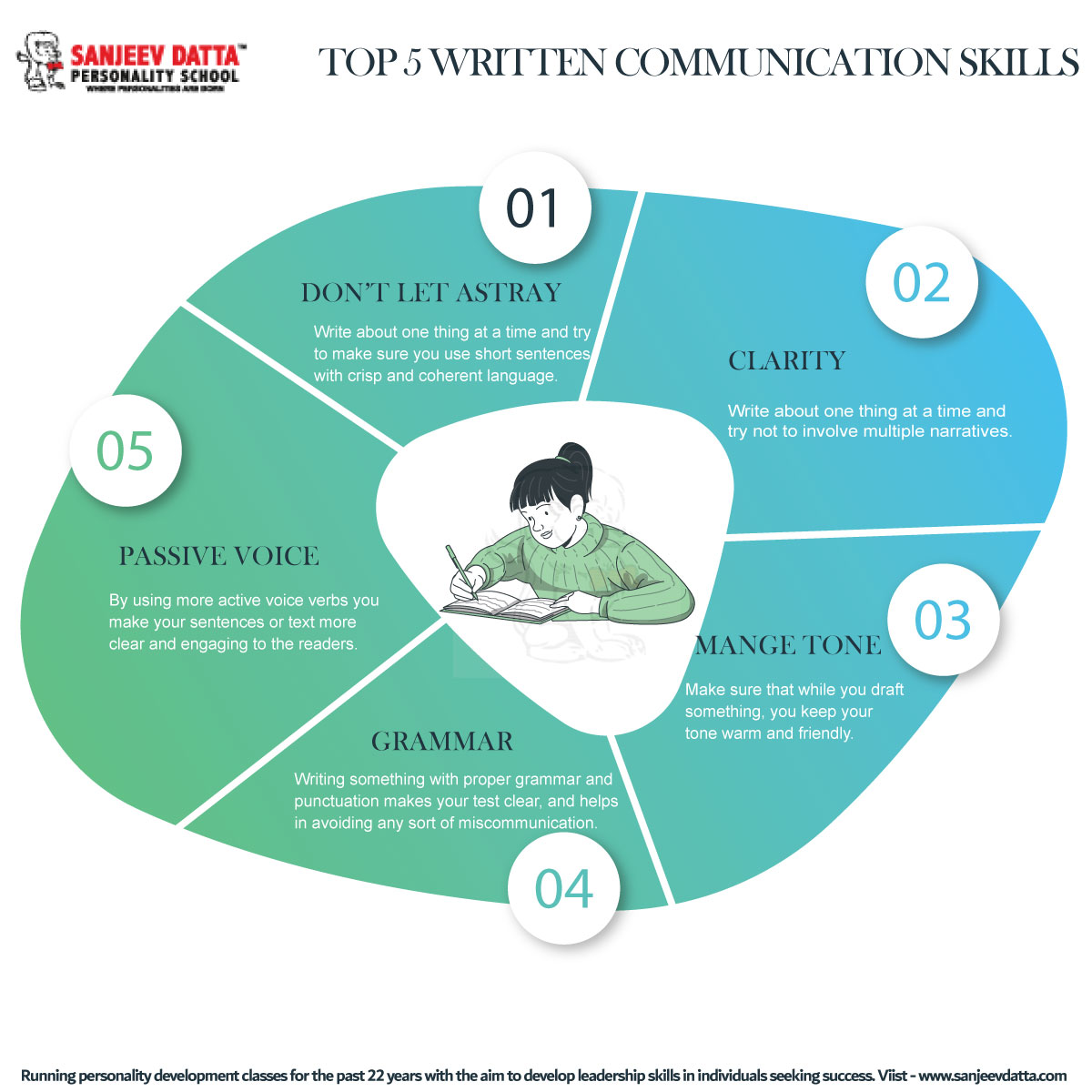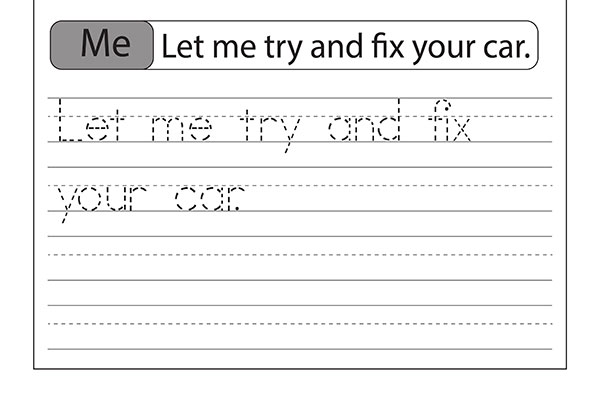Writing is a challenging activity for children to learn. That’s because conveying thoughts in writing takes a lot of work. It’s a vital aspect of education and communication. But in today’s technology-driven society, youngsters don’t get much practice writing. Many parents question how to help their children write better. It takes time and effort to build great writing skills for kids. Fortunately, there are numerous things parents can do at home to help their kids write better. From enjoyable activities to everyday reading and writing sessions, these strategies will help your child improve their writing skills quickly.
Here are six writing skills for kids to enhance their comprehension:
1. Reading fluency:
Reading comprehension is a basic writing skill that involves reading and comprehending the content. To write, kids must first be able to decode foreign words and recognize many others. Then they must comprehend word strings, phrases, and paragraphs. A good vocabulary helps. But reading is the main way to learn a new language. Kids can’t even begin writing without these skills. Some of the kids’ personality education programs start with teaching reading fluency skills itself. They may have difficulty with spelling and writing meaningful text. They’ll struggle to revise and modify their work. Those jobs necessitate close reading to catch and correct errors.
2. Transcription:
Transcription is the act of writing. There are three parts to this skill. Transcribing might be difficult for kids. Still, some have illegible or sloppy handwriting. Others write very slowly. Then there’s the person who can’t spell words on their own but can write legibly or type swiftly and Transcription can be accelerated by using a keyboard. Typing is difficult for some kids and prevents them from writing. Multisensory teaching, or educating with multiple senses, can sometimes enhance handwriting. (Examine methods.) Pencil grips, for example. A keyboard may aid kids with handwriting issues.
Visit: importance of mentoring in education
3. Sentence Building:
To write, kids must know how to compose coherent sentences. But kids often struggle with sentence form. They may not grasp verb tenses or verb location. They may also employ basic or incomplete sentences. Or they may combine several thoughts into a big statement. Using proper punctuation (commas and apostrophes) can be difficult. Knowing when to capitalize can help. Teaching kids who struggle with this skill can help. Such as the distinction between a statement and a question, or a subject and a verb. Then they need to practice writing sentences. They might practice dividing and combining sentences, or utilizing conjunctions like and or but.
4. Knowledge of Genre and Content:
Genre knowledge is using diverse writing styles. If the task is to write a story, students must understand the genre of narrative writing. Setting (who, where, when) and plot (what and why). The persuasive essay is another genre. A position statement, reasons, facts to support reasons, and a conclusion that summarizes the primary arguments are required. Content knowledge involves understanding something about the topic. The kids should know what pollution is before they write to a politician about it. And how it impacts people, animals, and the environment. They may also need to know what pollutes.
5. Revision and Editing:
Writing has a method. To write well, you must plan, review, and edit your work. Good writers plan their work in their heads or on paper before writing the first draft. That takes executive functioning, liking, and concentrating. Writing requires juggling several thoughts. Their next task is to organize their thoughts into paragraphs and an overall structure. This needs retrieving relevant knowledge, such as genre and content. Kids should revise their work to correct flaws and improve the message. That needs to understand why and how to improve the text.
6. Self-control:

Writing requires self-regulation. When you set a goal for how many words a paper should be and then check the word count as you write, that’s self-regulation. If you get to the end of a sentence, realize it doesn’t make sense, and decide to rewrite it, that’s self-regulation. Here’s another example. When kids get frustrated, they might give up on writing. But if they remind themselves that they’re making progress and can do it, that’s also self-regulation. Experienced writers do this naturally. How kids view themselves as writers can impact their ability to self-regulate. Do they value writing? Do they feel competent? How motivated are they to write? There are lots of strategies to teach self-regulated writing. You can teach kids to check each sentence of a paragraph once they’ve finished the paragraph. You can also encourage them to take breaks after writing a certain number of words.
Personality development for kids can be promoted by teaching them to use positive self-talk. When writing, they could say to themselves, “It’s OK that this is hard because I know my effort will pay off.” The key to all these strategies is repetition and practice.
Conclusion:
An essential life skill is the ability to write. Even if you don’t have the time or patience to assist your child to become a better writer, these basic writing exercises for kids can still be beneficial.
Visit: creative learning activities for kids
To help students improve their writing abilities, it’s important to get them to read a lot, write frequently in a designated writing space, and engage in engaging writing exercises and games. The above writing skills for kids are recommended to be practiced regularly for good results.
Why Sanjeev Datta Personality School for Your Kids?
- STORY NARRATION
- CHARACTER DRAMATISATION
- FANCY DRESS TRAINING
- EXPRESSIVE ABILITY ENHANCER
- CONCENTRATION ENHANCER
- VOICE & SPEECH ENHANCEMENT
- COMMUNICATION SKILLS
- SOCIAL BOLDNESS
- POEM NARRATION
- VOICE PITCH THROW DEVELOPMENT
- ENGLISH SPEECH FLUENCY
- PRESENTATION SKILLS TRAINING
For more details, contact us now!








